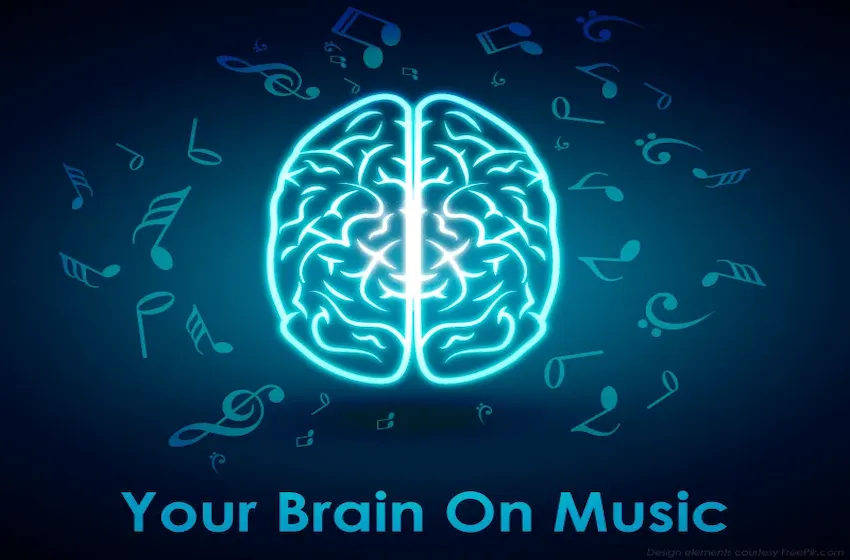
Your Brain On Music
Neuroscience is fascinating – especially when it comes to the study of how listening to music and playing a musical instrument affects our brains.
Scientific advancements have allowed neurologists to monitor the brain in real time to observe how it reacts to various activities, including music. According to Johns Hopkins, “There are few things that stimulate the brain the way music does.”
How does music affect our brains in such a profound way?
Music is made up of multiple components; melody, rhythm, pitch, musical expression and artistry. Listening to music activates the parts of the brain that decipher each of those elements.
For instance, the mathematical nature of rhythm causes the analytical left hemisphere of the brain to begin processing while the musicality and emotion of the music affects the creative right hemisphere. Playing a musical instrument increases the brain activity even more.
Music is the only activity that stimulates the auditory, visual, and motor regions all at the same time.
According to an article in Education Week, the Society for Neuroscience found that “music training may increase the neural connections in regions of the brain associated with creativity, decision making, and complex memory, and they may improve a student’s ability to process conflicting information from many senses at once.”
Make the Connection
Brain activity caused by playing a musical instrument strengthens the connections between the various regions and hemispheres of the brain. The result? Faster comprehension, processing, problem solving, and even an improvement in memory.
The ability of the brain to adapt, change, and even heal is known as plasticity.
Formerly it was believed that the plasticity of the brain was only for the young, but science has found that the brain retains some of its plasticity as we age. Music increases the plasticity of the brain and opens up new neural pathways.
Brain injuries are even being treated using musical training. The more the brain is stimulated, the better it functions.
The Benefits
While the full scope of the effects of music may not yet be understood, numerous studies have found amazing benefits in both listening to music and playing a musical instrument.
Listening to music can:
Reduce stress
Lower pain levels
Improve memory
Fight dementia
Improve sleep quality
Elevate mood
Reduce depression
Increase cognitive learning
Playing a musical instrument adds the following benefits to the above:
Coordination
Fine motor skills
Problem solving
Increase in quality of speech and understanding of language
The science of how music affects us physically, mentally, and emotionally is truly a breakthrough in understanding the organ that only comprises about 2% of an adult’s mass. Every year we learn more and more about the science of music and the brain.
With such a full list of benefits in mind, I encourage you to pick up your instrument and enjoy! Go build those neural connections, knowing that regardless of whether you play accordion, guitar, piano or another instrument, you are building memory strength, cognitive functions, and enjoying the rewards and pleasure of making music.




